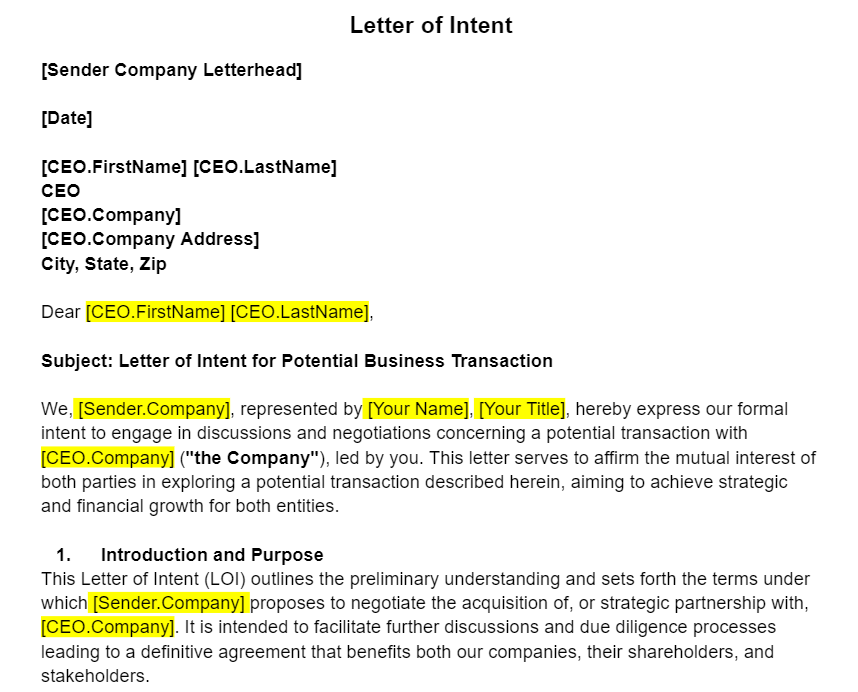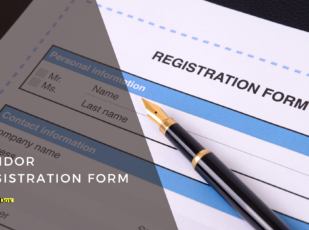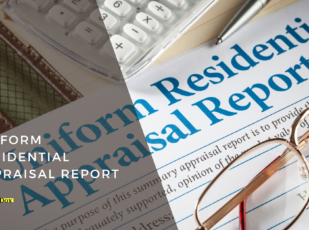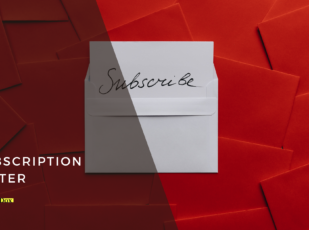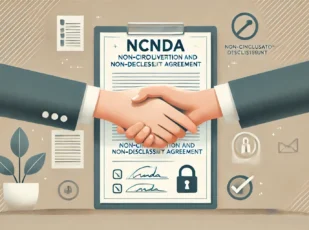
Letter of Intent for Graduate School Admission
5 Downloads
Education, Employment
November 27, 2024
Sayantani Dutta
Today, it is not just about talent and hard work when it comes to academia and the professional world. It is equally important to be able to clearly communicate your intentions and capabilities. A Letter of Intent (LOI) is a critical tool here—it can aid in everything from seeking admission to a prestigious university and aiming for a research assistantship to exploring a job or even volunteering opportunities.
An LOI introduces you to potential mentors or employees while also highlighting your commitment and specific interests in the field. In other words, it is a vital tool to further your dreams, career, or education. Let us break it down and tell you what to expect from a good Letter of Intent. We will also give you an editable template that you can use!
The Fundamentals of a Letter of Intent
A Letter of Intent is a personalized document outlining your background, achievements, goals, past experience, and more. In many cases, it can also include your hobbies if they are relevant or something extracurricular you like to do. Think of it as a first impression—a chance to speak directly to academic or professional leaders about why you are the ideal candidate for the program or organization in question.
Now, a lot of people tend to get a little confused here. They think it is just a glorified resume, or a simple appendage to a resume. The Letter of Intent is so much more than that and works as a standalone document with its own benefits. Unlike a resume, which lists your accomplishments and skills in a linear fashion, an LOI explains your motivations, aligns your goals with those of the institution or company, and demonstrates the potential contribution they can expect out of you.
It’s more personal.
For academicians, LOIs often open doors to research assistantships, for example. This way, they can work alongside renowned scholars. How do you think they choose the right person? Or let’s take another example. Working professionals or those willing to join the workforce can better articulate their interest in a job or a volunteer position by displaying how their skills, background, and experiences align with the organization’s larger interests. Here, too, how do you think decisions are made?
A good, well-written LOI can make all the difference. Organizations often sift through heaps of resumes and a lot of repetitive information becomes boring. It can quickly disqualify you. But having a Letter of Intent helps you stand out.
LOI for Grad School
Let’s take the specific example of writing a Letter of Intent for a grad school. This is often meant for an admissions committee but it could also be about undergraduate studies, research interests, or a scholarship-based graduate program. Whatever it is, your academic goals must be aligned with how you approach your graduate studies—and the LOI will help you succeed in your graduate school application.
It does not matter how good your writing skills are. It is more about presenting limited and concise information in a neat, to-the-point way than weaving tales or being poetic. For example, highlighting the previous research projects you have done and what you loved about them can be seen as a statement of intent toward your graduate degree.
For any program focused on hands-on research, this is a big plus.
Also, proofread your LOI extensively. You don’t want any mistakes and typos to slip in! The faculty members are not always very forgiving to students who make spelling, grammar, or stylistic mistakes. This applies to everything actually. Your cover letter should also be devoid of mistakes, for example.
Whether you are applying for a master’s degree, doctoral degree, basic coursework, or an internship, it’s very important to align your LOI with your career goals. This document is a statement of purpose. More specifically, it’s a personal statement to make the admissions process more efficient. Only graduate students who are the right fit for X program, for example, should get in. And a Letter of Intent is an important part of your application so you drive the reader’s attention to how you are a good fit for X.
Graduate admissions can be a tough cookie to crack sometimes. And a well-written Letter of Intent for grad school can be the difference between getting past the admissions officers, or the same admissions officers rejecting your letter without even considering what you can accomplish.
So, how do you make sure that for a particular program, your Letter of Intent is going to be sufficient? Well, sadly, there’s no way to ensure it. Highlight your academic background and any work experience you have. Brainstorm how you are the right fit and conduct research on past alumni—how they inspire you. Cover what you love about the program in the main points. Have a compelling salutation, an opening paragraph, and a closing paragraph. Talk about your specialization in the very header of your document so that the reader can quickly understand your key strengths.
Now, let’s look at the exact structure of a Letter of Intent more closely.
Crafting an LOI
One does not simply write a Letter of Intent—one actively crafts and fine-tunes it over weeks. First of all, you should know what it must include:
- Personal Introduction: Start with a brief introduction of yourself, including your current status and what you are seeking.
- Motivation and Goals: Clearly express your motivation for choosing the specific program, institution, or role and how it aligns with your career objectives.
- Relevant Experience and Skills: Detail your academic achievements, professional experience, and skills that make you a suitable candidate.
- Future Contributions: Discuss how you plan to contribute to the program, institution, or organization and your aspirations for growth.
You are not just stating facts. You are weaving a narrative here, touching upon the past, present, and future. The idea is to show yourself as an asset to the team or community in question. And of course, all this requires reflection and strategy.
You need to tailor your letter to the specific audience—whether it is a university department head, a research supervisor, or a potential employer. You should also do your homework to better understand their goals and values. This allows you to reflect on how you can contribute to their success. In other words, why you will be an indispensable asset for them.
All throughout this, don’t lose sight of the bigger picture here. While it is important to narrate these stories, it is also important to be concise and clear. Persuasion is not about long narratives but being able to hit the spot objectively. Refine your copy over and over again—it will quickly become succinct and crisp for any reader.
Also, avoid generic phrases. Such statements can apply to anyone. Employers or department heads can quickly discard such information, whether consciously or unconsciously.
Unlocking Opportunities with FreshDox.com
FreshDox.com has a solution for those looking to make a strong impression with their Letter of Intent. On our website, you will find a wide range of legal and professional document templates including specialized LOIs for academic and professional use cases. We help you present a polished and persuasive document.
Just get a FreshDox.com membership for unlimited access to our extensive template library! If you are regularly in need of professional (or even legal) documents, we can help. Applying to multiple programs in different domains, seeking various research assistantships, or exploring job opportunities across domains—FreshDox.com’s resources can streamline your application process and cut down on the time you spend writing and polishing your copy.
Say yes to confidence and convenience with our expertly designed templates and take the first step toward achieving your academic and professional goals!
Popular searches:
- Letter of Intent for Graduate School Admission pdf
- Letter of Intent for Graduate School Admission sample
- Letter of Intent for Graduate School Admission download
- Letter of Intent for Graduate School Admission format
- Letter of Intent for Graduate School Admission template
- Letter of Intent for Graduate School Admission word
- Letter of Intent for Graduate School Admission free
Related Templates
Discover more templates that align with your needs and preferences.

Ready to Sign Up?
Sign up for FreshDox.com’s 7-day trial and discover why so many individuals and businesses trust us for their legal document template needs.
- Cancel any time
- 7-day free trial
- From 300+ Customer Reviews

